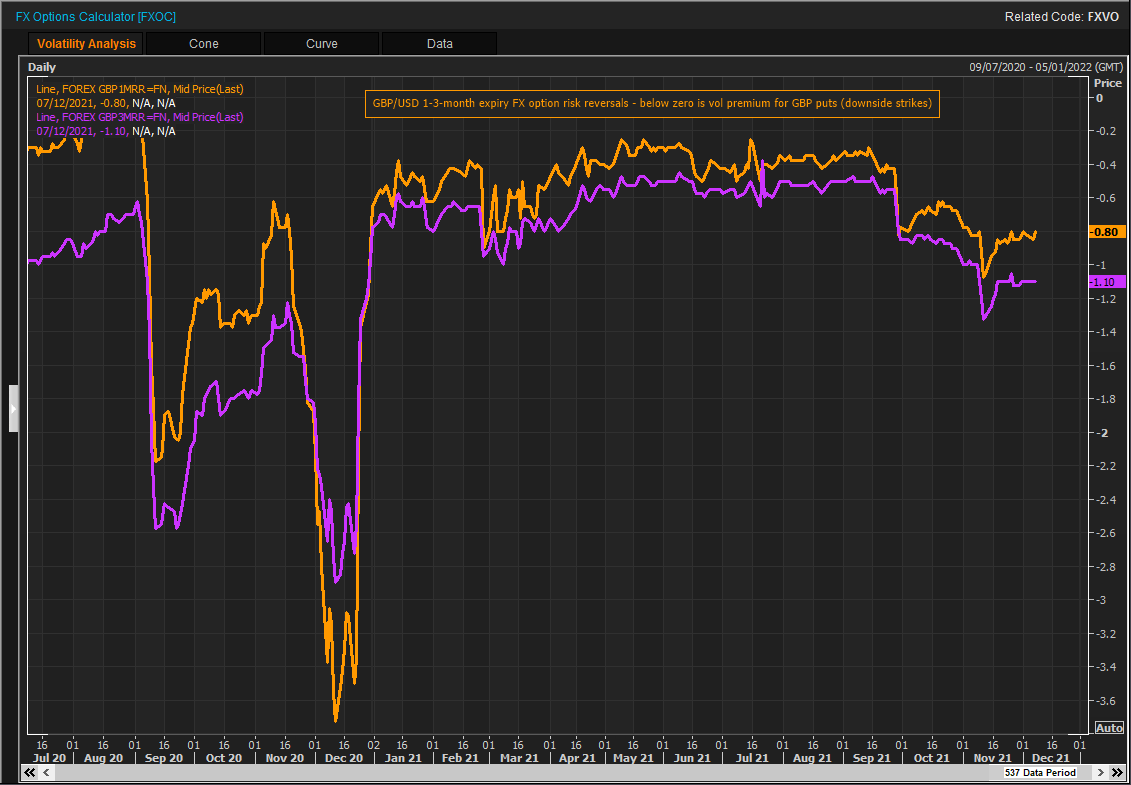
You've probably heard that a financial emergency is the ideal time to invest in bonds. This is true. This is true. If you have poor credit ratings, avoid bonds issued to companies and invest in the equities. But if you have not already invested in bonds, now is a good time to do so. Here are some points to remember:
Bonds bought at a premium
If you are looking to buy premium bonds, think about how to do it. Premium bonds are more costly than municipal bonds. However, you can still benefit from the tax-free coupon payments that munis offer. Premium bonds might have an advantaged tax feature called accretion that could lead to ordinary income or capital gains upon maturity. It is imperative that you carefully review the investment strategy as well as the interest rate environment before you buy these types of bonds.

The main benefit of premium bonds is their higher interest rates. Premium bonds can require higher initial investment, however. These premium bonds are often sold for a premium because they have a lower probability of default. ABC International, which issued an 8% bond, is a prime example. A bond with a higher credit rating can be purchased at a premium price than its nominal value.
You can buy individual bonds through your brokerage account. Bonds can be purchased through the same brokerage account that you use to trade mutual funds and stocks. Most brokerages will permit you to purchase these bonds. You should compare their investment types and fees. Consider buying bonds at a premium by consulting a financial advisor - smartasset is a free online directory where you can connect with local advisors and invest money with them.
Bonds at a Discount
It is a smart idea to purchase bonds at a discount if the coupon rate is lower that the market rate. This is because investors are looking for higher profits and wouldn't want to pay high prices for bonds with low coupon rates. This is compensated by the upfront discount. Here are some tips for purchasing bonds at a reduced price
You should be familiar with the rules and regulations that govern these investments before you buy bonds at a discount. First, make sure you understand the tax treatment municipal bonds receive. Some bonds are exempted form capital gains tax while others are subjected to ordinary income taxes. You should make sure you know which bonds are exempt from capital gains tax. At the moment, municipal bonds are subject to a 28% tax rate. You should only invest in bonds that have a long-term maturity.

If you are looking to buy individual bonds, it is a good idea to look for a company who sells them at a discount. A broker will usually sell individual bonds to people. This means that the commission is buried in the bond price. As you won't be able to see the full cost of the purchase, you will need to check that the discount offered is reasonable. And remember, you can always cash out early if you're not happy with the current market interest rate.
FAQ
How can people lose money in the stock market?
The stock market isn't a place where you can make money by selling high and buying low. You can lose money buying high and selling low.
The stock market offers a safe place for those willing to take on risk. They are willing to sell stocks when they believe they are too expensive and buy stocks at a price they don't think is fair.
They want to profit from the market's ups and downs. But they need to be careful or they may lose all their investment.
What is security in the stock exchange?
Security is an asset which generates income for its owners. Most common security type is shares in companies.
A company may issue different types of securities such as bonds, preferred stocks, and common stocks.
The earnings per shares (EPS) or dividends paid by a company affect the value of a stock.
If you purchase shares, you become a shareholder in the business. You also have a right to future profits. If the company pays a dividend, you receive money from the company.
You can sell your shares at any time.
What is the role of the Securities and Exchange Commission?
SEC regulates the securities exchanges and broker-dealers as well as investment companies involved in the distribution securities. It enforces federal securities laws.
What is a Stock Exchange exactly?
Stock exchanges are where companies can sell shares of their company. This allows investors to purchase shares in the company. The market decides the share price. It is usually based on how much people are willing to pay for the company.
Investors can also make money by investing in the stock exchange. Investors invest in companies to support their growth. Investors buy shares in companies. Companies use their money as capital to expand and fund their businesses.
A stock exchange can have many different types of shares. Some of these shares are called ordinary shares. These shares are the most widely traded. These shares can be bought and sold on the open market. Prices of shares are determined based on supply and demande.
Preferred shares and debt security are two other types of shares. When dividends are paid out, preferred shares have priority above other shares. If a company issues bonds, they must repay them.
Why is a stock called security?
Security is an investment instrument, whose value is dependent upon another company. It can be issued by a corporation (e.g. shares), government (e.g. bonds), or another entity (e.g. preferred stocks). If the asset's value falls, the issuer will pay shareholders dividends, repay creditors' debts, or return capital.
Why are marketable Securities Important?
An investment company's primary purpose is to earn income from investments. It does so by investing its assets across a variety of financial instruments including stocks, bonds, and securities. These securities have attractive characteristics that investors will find appealing. They may be safe because they are backed with the full faith of the issuer.
It is important to know whether a security is "marketable". This refers primarily to whether the security can be traded on a stock exchange. It is not possible to buy or sell securities that are not marketable. You must obtain them through a broker who charges you a commission.
Marketable securities include common stocks, preferred stocks, common stock, convertible debentures and unit trusts.
These securities are often invested by investment companies because they have higher profits than investing in more risky securities, such as shares (equities).
Is stock marketable security a possibility?
Stock is an investment vehicle which allows you to purchase company shares to make your money. This is done through a brokerage that sells stocks and bonds.
You could also choose to invest in individual stocks or mutual funds. There are over 50,000 mutual funds options.
There is one major difference between the two: how you make money. Direct investment allows you to earn income through dividends from the company. Stock trading is where you trade stocks or bonds to make profits.
Both cases mean that you are buying ownership of a company or business. But, you can become a shareholder by purchasing a portion of a company. This allows you to receive dividends according to how much the company makes.
With stock trading, you can either short-sell (borrow) a share of stock and hope its price drops below your cost, or you can go long-term and hold onto the shares hoping the value increases.
There are three types of stock trades: call, put, and exchange-traded funds. Call and Put options give you the ability to buy or trade a particular stock at a given price and within a defined time. ETFs, which track a collection of stocks, are very similar to mutual funds.
Stock trading is very popular because it allows investors to participate in the growth of a company without having to manage day-to-day operations.
Stock trading can be very rewarding, even though it requires a lot planning and careful study. If you decide to pursue this career path, you'll need to learn the basics of finance, accounting, and economics.
Statistics
- Individuals with very limited financial experience are either terrified by horror stories of average investors losing 50% of their portfolio value or are beguiled by "hot tips" that bear the promise of huge rewards but seldom pay off. (investopedia.com)
- Even if you find talent for trading stocks, allocating more than 10% of your portfolio to an individual stock can expose your savings to too much volatility. (nerdwallet.com)
- Ratchet down that 10% if you don't yet have a healthy emergency fund and 10% to 15% of your income funneled into a retirement savings account. (nerdwallet.com)
- "If all of your money's in one stock, you could potentially lose 50% of it overnight," Moore says. (nerdwallet.com)
External Links
How To
How to trade in the Stock Market
Stock trading is the process of buying or selling stocks, bonds and commodities, as well derivatives. The word "trading" comes from the French term traiteur (someone who buys and sells). Traders purchase and sell securities in order make money from the difference between what is paid and what they get. It is one of oldest forms of financial investing.
There are many methods to invest in stock markets. There are three basic types: active, passive and hybrid. Passive investors do nothing except watch their investments grow while actively traded investors try to pick winning companies and profit from them. Hybrid investors combine both of these approaches.
Passive investing can be done by index funds that track large indices like S&P 500 and Dow Jones Industrial Average. This type of investing is very popular as it allows you the opportunity to reap the benefits and not have to worry about the risks. You just sit back and let your investments work for you.
Active investing means picking specific companies and analysing their performance. An active investor will examine things like earnings growth and return on equity. They will then decide whether or no to buy shares in the company. If they feel that the company's value is low, they will buy shares hoping that it goes up. On the other hand, if they think the company is overvalued, they will wait until the price drops before purchasing the stock.
Hybrid investing combines some aspects of both passive and active investing. You might choose a fund that tracks multiple stocks but also wish to pick several companies. In this case, you would put part of your portfolio into a passively managed fund and another part into a collection of actively managed funds.